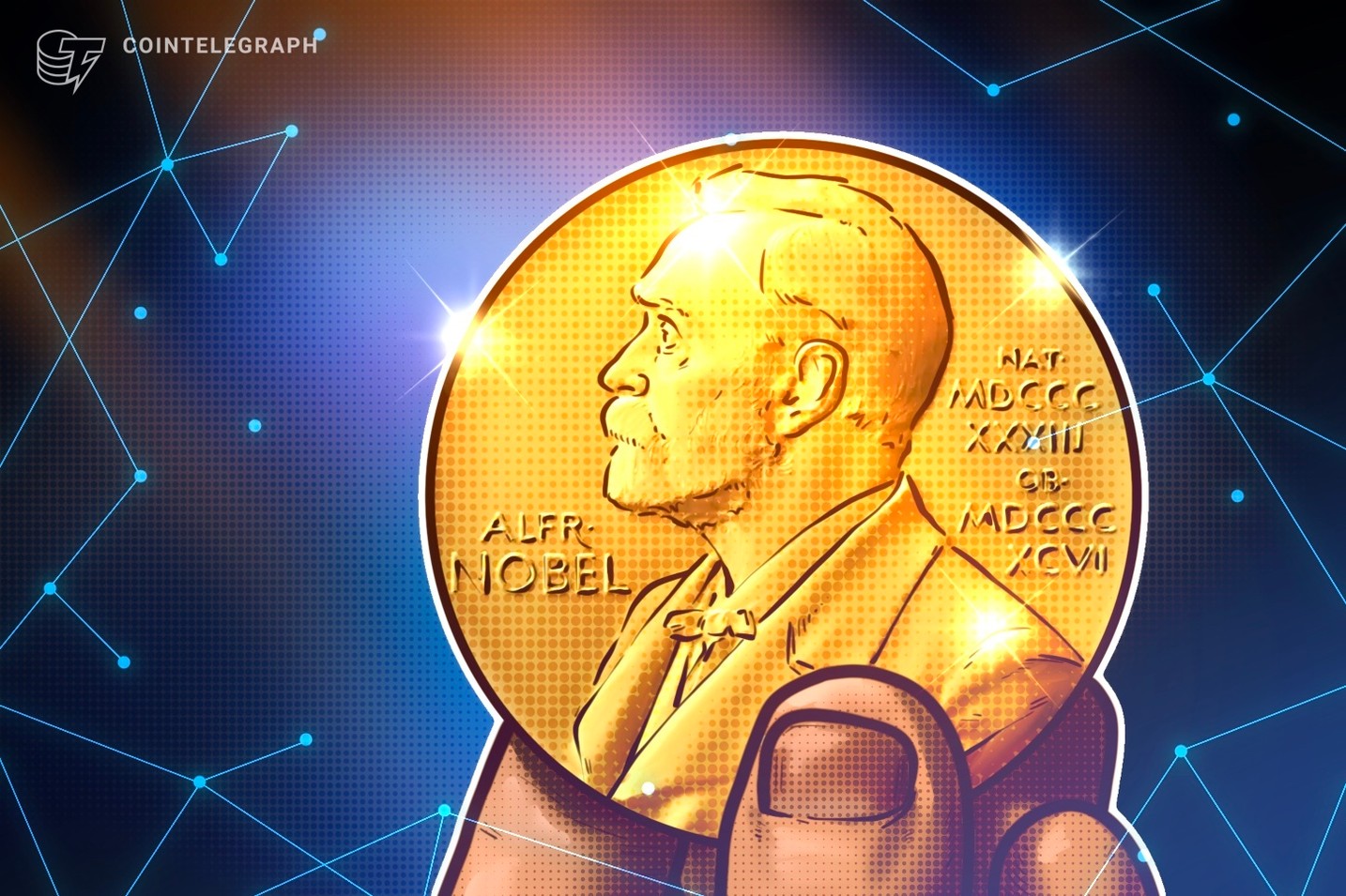
María Corina Machado, a prominent human rights advocate and political leader of the opposition in Venezuela, has been awarded the 2025 Nobel Peace Prize for her efforts in promoting democracy in her country while championing Bitcoin as a means for citizens to protect their finances amidst economic turmoil.
Machado has long referred to Bitcoin as a “lifeline” for many Venezuelans, especially in times of hyperinflation, emphasizing its role in safeguarding wealth and facilitating freedom of movement for those seeking to escape the oppressive conditions in Venezuela.
“Some Venezuelans found a lifeline in Bitcoin during hyperinflation, using it to protect their wealth and to finance their escape. Today, Bitcoin bypasses government-imposed exchange rates and helps many of our people. It has evolved from a humanitarian tool to a vital means of resistance,” she stated in a 2024 interview.
She also stressed the importance of property rights and low inflation for the nation’s poorest.
Authorities have criticized the Venezuelan opposition, alleging it serves foreign interests. Notably, several leaders met with U.S. officials earlier this year to discuss strategies for political change in Venezuela.
Many activists and citizens trapped in hyperinflated economies look to Bitcoin as a vital alternative, allowing them to maintain their wealth despite strict state-imposed currency controls.
Peer-to-Peer Technology as a Political Ally
Peer-to-peer technologies continue to show potential as tools for political movements against state oppression. During protests in Canada, demonstrators turned to Bitcoin after their bank accounts were frozen, demonstrating the resilience of decentralized currencies.
Recent events in Nepal reflect similar trends as protestors adopted Jack Dorsey’s Bitchat application to communicate during governmental internet shutdowns, showcasing the innovative spirit of those fighting for their rights.
Related: Jack Dorsey urges tax-free status for ’everyday’ Bitcoin payments


